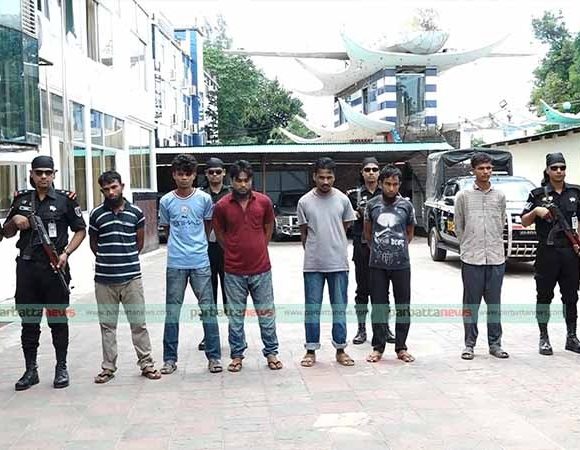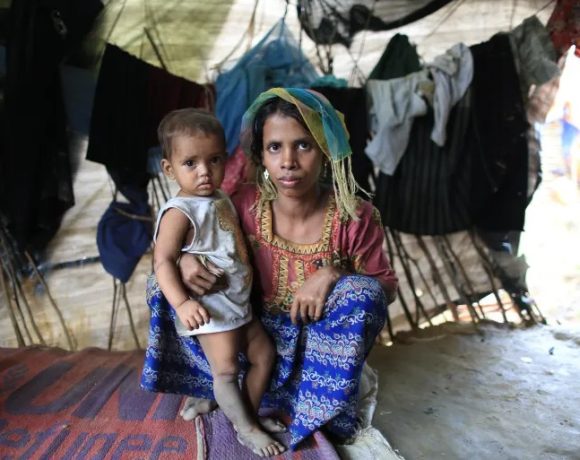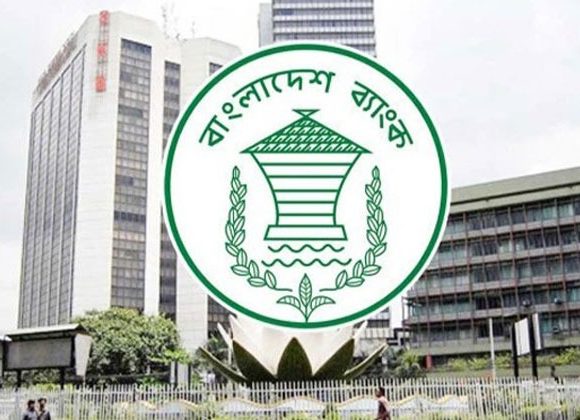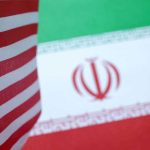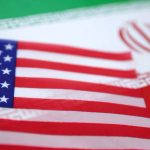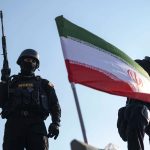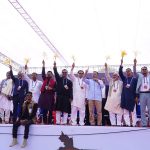Shahjahan Chowdhury says term ‘indigenous’ not applicable to hill people
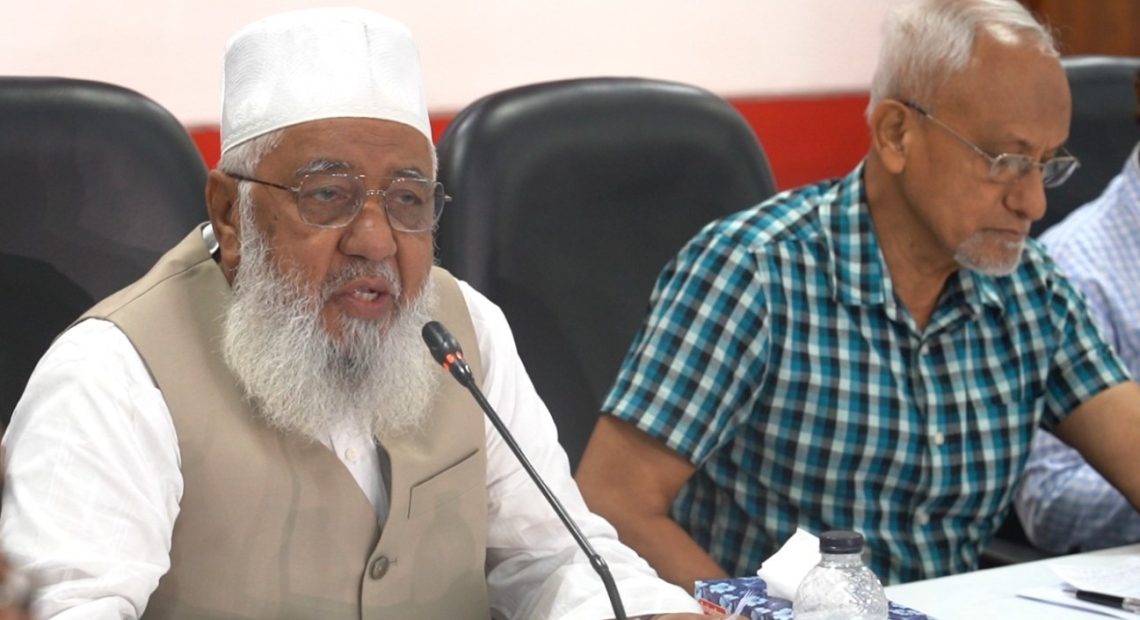
STAFF REPORTER, DHAKA
Bangladesh Jamaat-e-Islami Nayeb-e-Ameer Shahjahan Chowdhury has said the term “indigenous” does not apply to hill or tribal communities and alleged it is part of an “international conspiracy” aimed at creating a so-called “Jummuland” in the Chittagong Hill Tracts (CHT).
He made the remarks on Saturday (9 August) while speaking as a special guest at a roundtable discussion titled “In the Context of Bangladesh: Indigenous Peoples, Small Ethnic Groups and National Security Concerns”, organised by the CHT Research Foundation at the CIRDAP auditorium in Dhaka. BNP Standing Committee member Salahuddin Ahmed attended as chief guest. The event was chaired by the foundation’s chairman, Mehadi Hassan Palash.
Chowdhury said the situation in the CHT involved not only the Shanti Bahini but also other armed groups, including the Kuki Chin and groups identified with the Mog community. He said these factors had contributed to instability in the area.
He stated that there was no conflict between hill residents and people from the plains, and that the main issues lay with “those exploiting the situation for political purposes.” He said resolving the CHT problem required action against armed groups engaged in extortion, violence and displaying weapons, and referred to measures initiated by late President Ziaur Rahman.
Chowdhury said that in 1991, after the BNP formed government, a government committee on CHT affairs was established under then Communications Minister Col (retd) Oli Ahmed. He served as a member of the committee, which held about 33 meetings with Parbatya Chattagram Jana Samhati Samiti (PCJSS) leader Santu Larma in Khagrachhari and Rangamati. According to Chowdhury, at that time Larma sought “rights” but did not use the term “indigenous.”
He said the committee reached a settlement with PCJSS but talks broke down when Larma insisted on the return of refugees before an agreement. A three-member committee, including Chowdhury, later facilitated the repatriation of refugees, providing compensation, housing, and restoration of land.
Chowdhury criticised the 1997 peace accord signed under the Awami League government, saying it was accepted only by the Shanti Bahini and PCJSS and not by all tribal communities. He said his party and allies opposed the accord between 1998 and 2001 through campaigns and protest marches, including a long march to Khagrachhari led by BNP Chairperson Khaleda Zia, Jamaat leader Ghulam Azam, and other political figures.
He said the four-party alliance government, formed in 2001, planned to review the accord but did not complete the process before the change of government in 2007.
Chowdhury said resolving the CHT issue required addressing land ownership policies that prevent non-locals from purchasing property in the region and ensuring equal participation of all communities in local governance, including chairmanships and memberships of hill district councils based on population ratios.
He said all communities — including Marma, Tripura, Tanchangya, Chak, and Shak — should be represented in the area’s social and political structures. “If such an understanding can be reached, peace will prevail in the CHT,” he said, adding that his party does not accept the use of the term “indigenous” for these communities.
The keynote paper at the roundtable was presented by security analyst Maj Gen (retd) Dr Md Nayeem Ashfaque Chowdhury.
BNP Chairperson’s defence adviser Maj Gen (retd) Fazle Elahi Akbar; Chairman of Osmani Centre for Peace and Security Studies Lt Gen (retd) Dr Mohammad Mahfuzur Rahman; BNP Media Cell Chairman Prof Dr Alamgir Mohammad Mowdud; Manarat University Vice-Chancellor Prof Dr Mohammad Abdur Rob; Jahangirnagar University Prof Dr Mohammad Abdul Latif Masum; Dhaka University Prof Dr Sukomal Barua; Jahangirnagar University Prof Dr Sufi Mustafizur Rahman; AB Party Chairman Mojibur Rahman Monju; Bangladesh Labour Party Chairman Dr Mostafizur Rahman Iran; A-Am Janata Party General Secretary Md Tarek Rahman; Chittagong University Prof Dr Kazi Mohammad Borkot Ali; Rajshahi University Prof Dr Mohammad Tarek Fazal; Director of the International Mother Language Institute Prof Dr Muhammad Asaduzzaman; defence analyst Brig Gen (retd) Dr Abdullah Al Yusuf; former Khagrachhari Hill District Council chairman Babu Ruithi Karbari; engineer Ching Mong Shak; and student leader Paishikhyi Marma, among others, spoke.
Senior political leaders from various parties, academics, retired military officers, international relations and security analysts, and journalists also attended the event.
Parbattanews Executive Editor Sayed Ibn Rahmat delivered the welcome address, and Parbattanews Senior Reporter Nazrul Islam Bashir recited from the Holy Qur’an.

